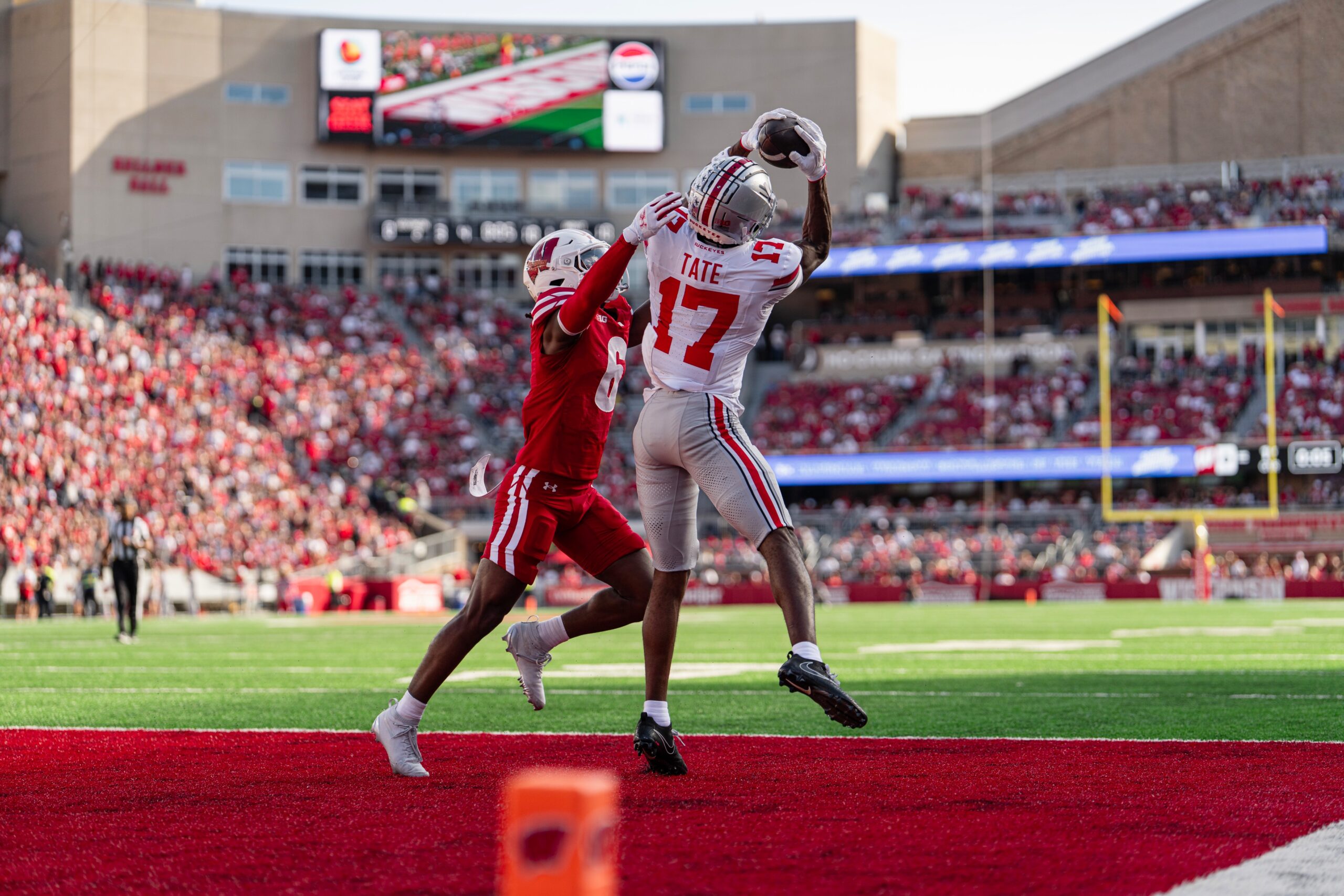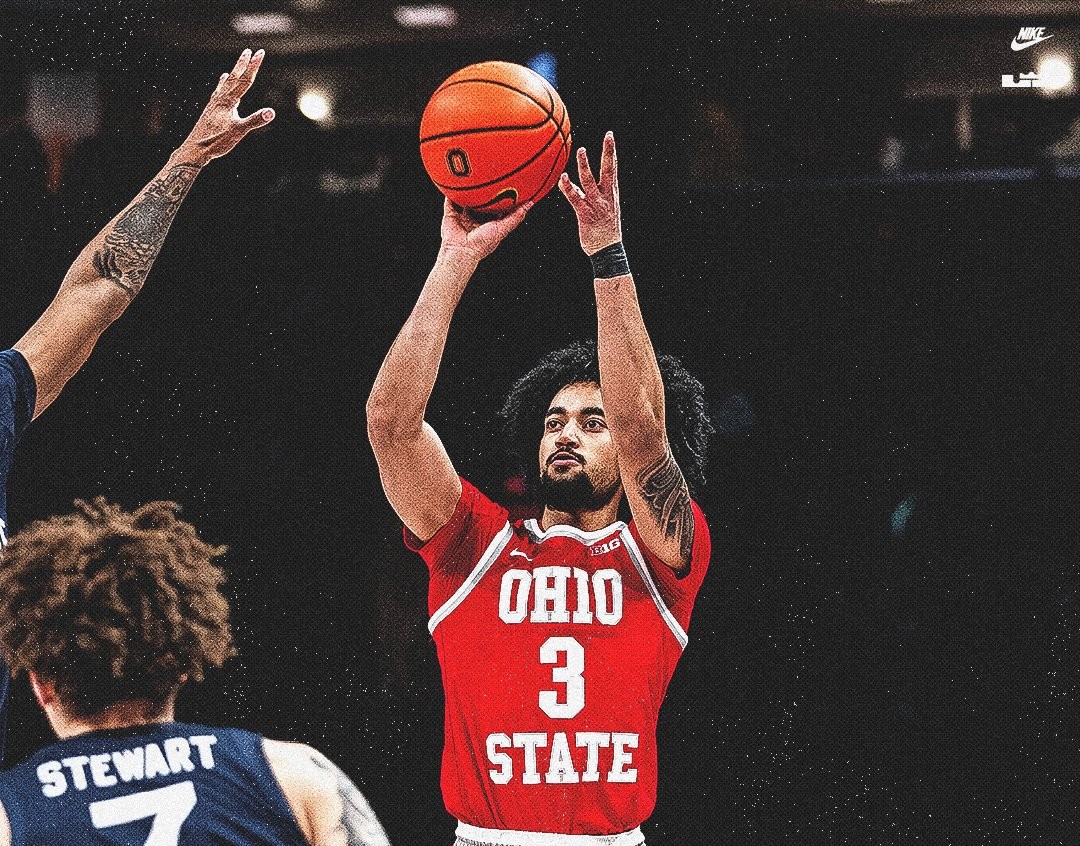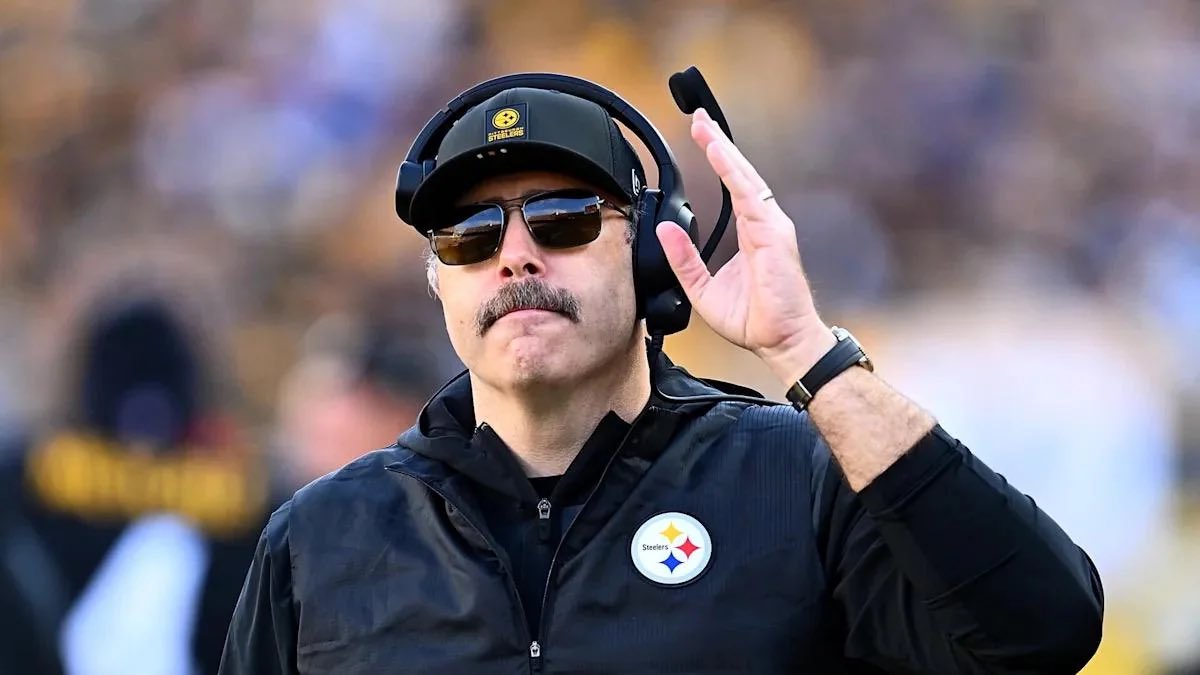
President Donald Trump signed an executive order Thursday aimed at prohibiting third-party, pay-for-play deals for college athletes, a move that could significantly reshape the Name, Image, and Likeness (NIL) landscape. Touted by the White House as a way to “save college sports,” the order seeks to protect scholarships and maintain opportunities in Olympic and non-revenue sports—areas Ohio State has always prioritized. While the order’s language is broad and vague in defining what constitutes a “third-party” deal, it still sends a message that the federal government is serious about reining in the growing influence of money in college athletics.

For Ohio State fans, the order is as much about preserving the integrity and tradition of college sports as it is about fairness. The Buckeyes have been leaders in adapting to NIL changes, but they’ve also remained committed to supporting student-athletes across all programs—not just football and basketball. As outlined in the order, schools with athletic department budgets over $125 million must expand their support for non-revenue sports. With a fiscal year budget of over $292 million, Ohio State has already met this requirement by increasing scholarship offerings and ensuring maximum roster participation. That speaks volumes about the school’s continued commitment to broad-based excellence.

Still, the executive order doesn’t answer key questions—how it will be enforced, what counts as a violation, and who defines the boundaries of acceptable NIL activity. It defers much of that to the Federal Trade Commission and the U.S. Attorney General, while offering antitrust protections to a new College Sports Commission. NCAA President Charlie Baker and Power Five leaders offered cautious approval of the move, while clearly favoring congressional action through the proposed SCORE Act. For now, Buckeye Nation will remain vigilant. The future of NIL may still hinge on what happens in Washington, but Ohio State appears more than ready to lead through whatever changes come next.










